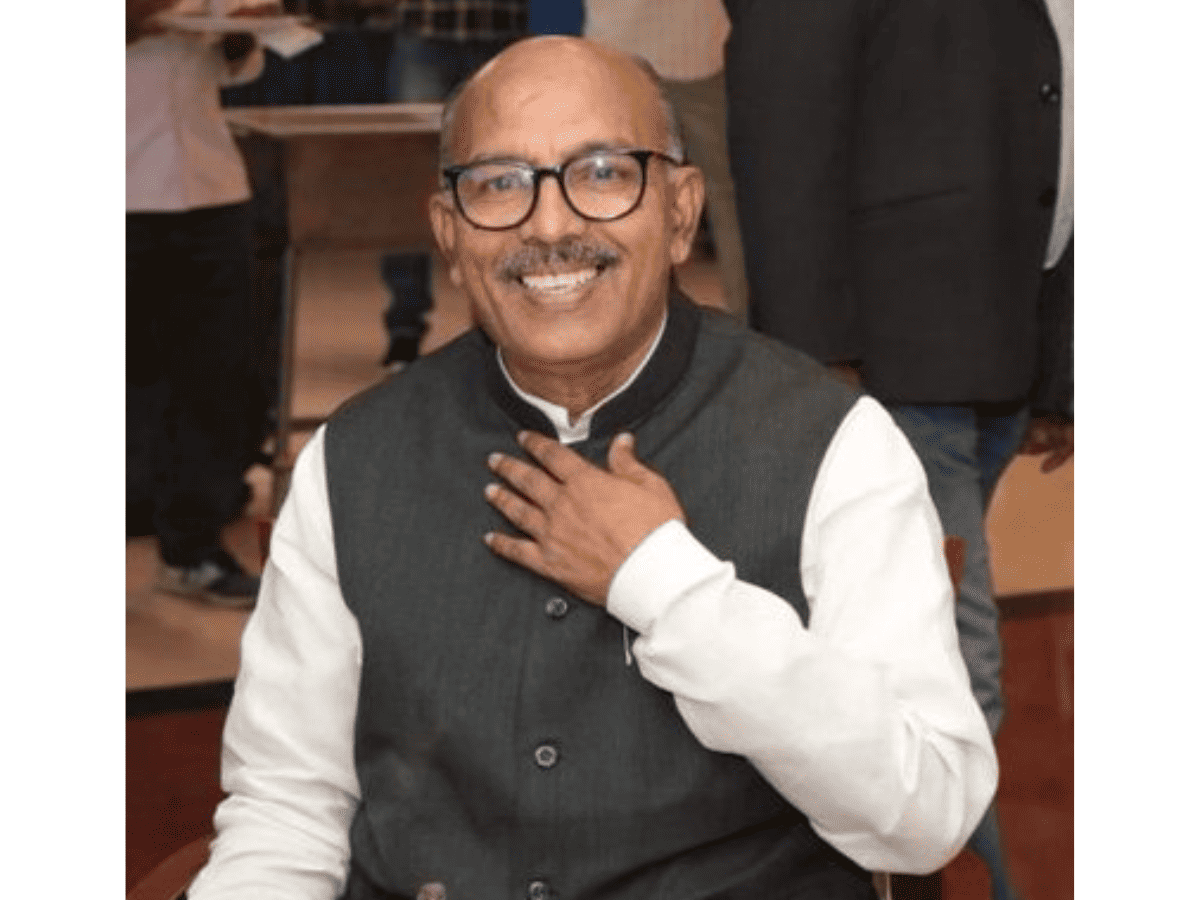
Ranchi: The Jharkhand Assembly witnessed chaotic scenes on Monday as opposition BJP MLAs raised concerns over Bangladeshi infiltration and alleged ‘atrocities’ against tribals, leading to multiple adjournments until Tuesday.
As the session began at 11 am, BJP members stormed the well of the House, demanding the government’s response to the high court’s directive to identify Bangladeshi infiltrators in the Santhal Parganas region and alleged police atrocities on tribal students at a hostel in Pakur district.
The uproar forced the first adjournment at 11:26 am until 12:30 pm. When the session resumed at 12:35 pm, chaos persisted, eventually leading to another adjournment at 12:40 pm, with the House scheduled to reconvene at 11 am the next day.
Finance Minister Rameshwar Oraon managed to table a supplementary budget of Rs 4,833.39 crore for the financial year 2024-25 amid the disruptions.
Women, Child Development and Social Security Department was given the highest allocation of Rs 1,114.49 crore, followed by Rs 584.85 crore to the School Education and Literacy Department (secondary education division).
Speaker Rabindra Nath Mahto repeatedly appealed to BJP members to return to their seats and allow the House to function smoothly, but they continued their protests unabated.
Leader of the opposition, Amar Kumar Bauri, accused the government of not listening to the voice of the people, claiming that pieces of land belonging to two tribals were allegedly grabbed by infiltrators in Pakur.
“When they raised their voices against land grabbing, they were beaten up. The tribals are undergoing treatment at a hospital in Dumka,” he alleged.
Bauri alleged that when Adivasi Chatra Sangh decided to protest against Bangladeshi infiltrators, police entered KKM College in Pakur and assaulted him.
Jharkhand High Court also directed the state government to identify the Bangladeshi infiltrators, he said.
“We want replies from the government as to what action has been taken following the High Court’s order and against the police personnel who were involved in beating the tribal students,” Bauri said.
In response to BJP’s allegations, Poreyahat MLA Pradip Yadav accused the saffron party of attempting to divide Jharkhand along a line similar to its strategies in Jammu and Kashmir.
Congress MLA Shilpi Neha Tirkey expressed concerns about national security, stating that if infiltrators have been entering Jharkhand, it poses a threat to the entire country.
She questioned the role of the Home Ministry in addressing these issues and criticised BJP leaders for allegedly spreading misinformation about infiltrators marrying tribal women and abandoning them.
“They (BJP leaders) are pointing fingers at BSF and SSBs. What is the Home Ministry doing on the issue?” she said.
JMM MLA Sudivya Kumar also asserted that preventing Bangladeshi infiltrators from entering Jharkhand is the responsibility of the Border Security Force (BSF).
“BJP is doing divisive politics in the name of Bangladeshi infiltrators and attempting to divide tribals in Jharkhand. The saffron party is responsible for demographic change by allowing outsiders to settle in the state. They are pushing the natives of Ranchi to the jungle by allowing outsiders to settle in the state capital,” he said.
Over 15 people, including six police personnel, were injured in a clash between the law enforcers and tribal students in Pakur district on Friday night when a police team reached the KKM College campus to probe into an abduction case.
It all started after a group of students from a tribal hostel on the college premises allegedly protested the entry of police into the campus, which later snowballed into a clash.
The state BJP had alleged that tribal students, who were scheduled to stage a protest rally against Bangladeshi infiltration in Maheshpur area of the district on Saturday, were beaten up by police.
Later, talking to reporters outside the assembly, Jharkhand BJP president Babulal Marandi demanded that the state government constitute a Special Investigation Team (SIT) to probe the dwindling tribal population.
He said that according to the 1951 census report, Jharkhand had an ST population of 36 per cent, Hindus 87.9 per cent and Muslims 8.9 per cent.
In 2011, ST population declined to 26 per cent, Hindu 81.7 per cent, while Muslim population rose to 14.5 per cent, he said.
“If we look at the census data of Santhal Pargana region alone, the tribal population here was 44.67 per cent, Muslim population 9.44 per cent and others were 45.2 per cent in 1951. In 2011, the tribal population came down to 28.11 per cent, others 49.2 per cent, Muslim population climbed to 22.73 per cent,” Marandi said.
Marandi said, “The state government should immediately constitute an SIT to investigate the reasons behind the declining population of the tribals. If not, it should send a proposal to the central government with recommendations for an investigation.”



